When it comes to oral care, many people are becoming more mindful of the ingredients in their toothpaste. Glycerine, a common component in most toothpaste formulas, has recently sparked some debate. While some claim it might interfere with enamel remineralization, the truth is that Glycerine is a natural, safe, & beneficial ingredient that plays an important role in keeping your toothpaste effective & your mouth healthy.
Let’s take a closer look at what glycerine is, why it’s used in toothpaste & why it’s perfectly safe for your smile.
What is Glycerine?
Glycerine (also called glycerin) is a clear, odorless & slightly sweet liquid derived from natural sources, such as vegetable oils or animal fats. It’s widely used in food, cosmetics & pharmaceuticals due to its moisturising & stabilising properties.
In toothpaste, glycerine serves several essential functions:
-
Prevents drying: It keeps toothpaste smooth & pliable, preventing it from hardening.
-
Enhances texture: It gives toothpaste its creamy, easy-to-spread consistency.
-
Adds a mild sweetness: Glycerine’s natural sweetness makes toothpaste more pleasant-tasting, without the use of sugar.
-
Helps retain moisture: It acts as a humectant, keeping your toothpaste fresh & effective.
Why Is Glycerine used in toothpaste?
Glycerine is added to toothpaste for both practical & oral health reasons. From a manufacturing perspective, it helps prevent the toothpaste from drying out, ensuring it stays smooth & easy to use.
For consumers, glycerine contributes to the pleasant, silky texture that makes brushing feel comfortable & effective. It also leaves a polished, clean sensation on the teeth, making your mouth feel refreshed after brushing.
Is Glycerine safe?
Yes, glycerine is completely safe for oral care. It is:
-
Non-toxic & food-grade safe: Glycerine is approved by regulatory bodies, including theFDA & the American Dental Association (ADA), for use in oral care products.
-
Biocompatible: It’s gentle on both teeth & gums, making it suitable even for people with sensitive mouths.
-
Inert & non-irritating: Glycerine does not trigger allergic reactions or irritate oral tissues.
-
Safe to ingest: In small amounts, glycerine is harmless if accidentally swallowed while brushing.
Debunking the Glycerine myth
Some alternative oral health advocates claim that glycerine leaves a coating on the teeth that prevents enamel from absorbing minerals, allegedly hindering the natural remineralisation process. However, there is no scientific evidence supporting this claim.
In reality:
-
Saliva is the key player in remineralisation. It constantly bathes your teeth in calcium & phosphate, regardless of whether you use a toothpaste containing glycerine.
-
Glycerine does not form an impermeable barrier. Any film left behind by glycerine is water-soluble & easily removed by saliva throughout the day.
-
Toothpaste with glycerine can still contain remineralising agents. Ingredients like fluoride or hydroxyapatite effectively remineralise teeth, even in the presence of glycerine.
The benefits of Glycerine in toothpaste
Far from being harmful, glycerine actually offers several benefits for oral health:
-
Moisture Retention:
Glycerine prevents your toothpaste from drying out, maintaining its texture & effectiveness. A smooth, moist formula ensures consistent coverage of your teeth, which can enhance the benefits of cavity-fighting ingredients. -
Prevents Dry Mouth:
Due to its humectant properties, glycerine helps retain moisture in the mouth, which can be especially helpful for people prone to dry mouth (xerostomia). Keeping the mouth hydrated promotes saliva production, which is essential for fighting bacteria & protecting enamel. -
Gentle & Soothing:
Glycerine is mild & non-abrasive, making it ideal for sensitive teeth & gums. Unlike some harsh whitening agents or detergents, glycerine protects delicate oral tissues.
Glycerine Is a natural, effective ingredient
We use glycerine in our toothpaste because it is a natural, plant-based ingredient that enhances both the texture & performance of the product. It ensures your toothpaste stays smooth, moist, & effective—providing you with a comfortable brushing experience every time.
Should you avoid toothpaste with glycerine?
No—there is no scientific reason to avoid toothpaste with glycerine. It is a safe, effective & widely used ingredient that enhances the quality & performance of toothpaste.
If you’re aiming for strong, healthy teeth, focus on toothpaste with proven active ingredients—such as fluoride or hydroxyapatite—rather than worrying about glycerine. When paired with a proper brushing & flossing routine, glycerine-containing toothpaste will help keep your smile clean, fresh, & protected.
✅ The Bottom Line
Glycerine is a safe, natural, & beneficial ingredient in toothpaste. Despite some misconceptions, it does not block remineralisation or harm your enamel. Instead, it helps keep your toothpaste fresh, smooth, & effective—making your daily oral care routine pleasant & reliable.
We proudly include organic glycerine in our natural toothpaste formulas to ensure you get the best in both performance & safety.
Switch to our Zerolla Eco Natural Toothpastetoday & experience the benefits of gentle, effective oral care powered by safe, natural ingredients like glycerine.

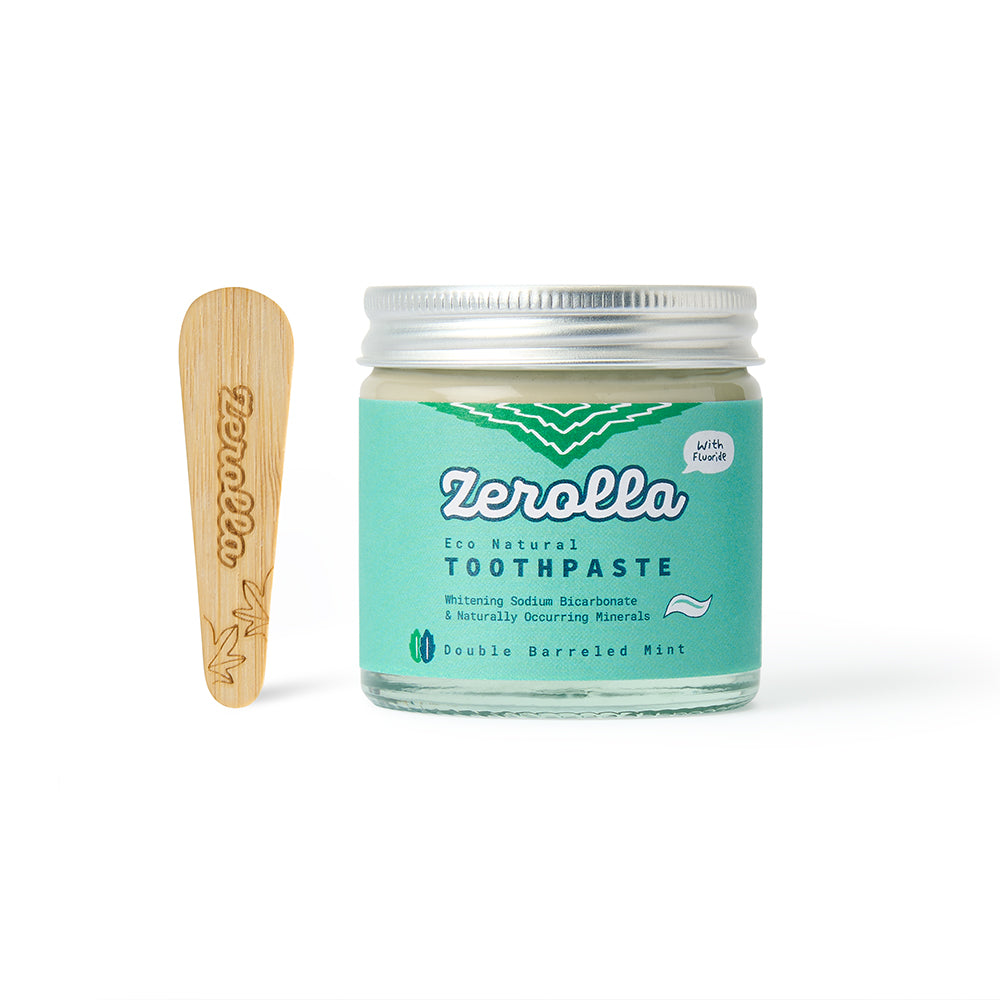
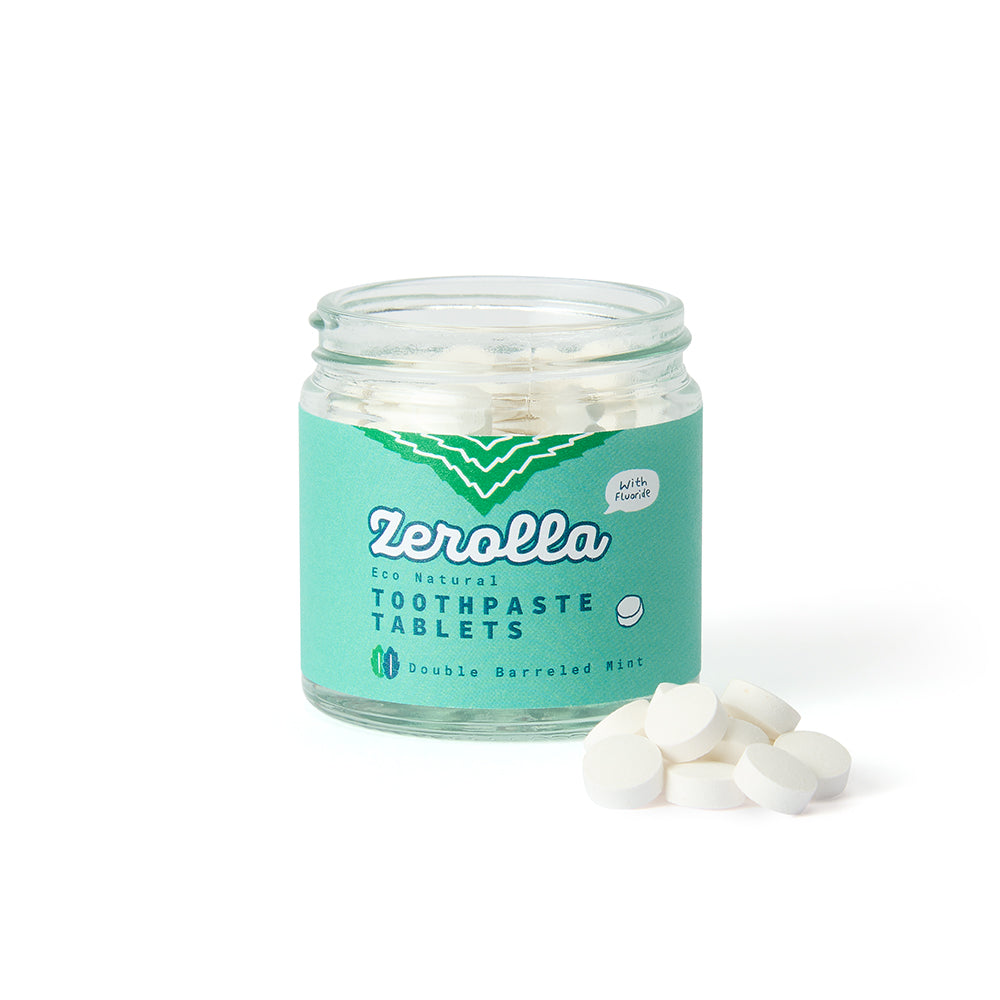
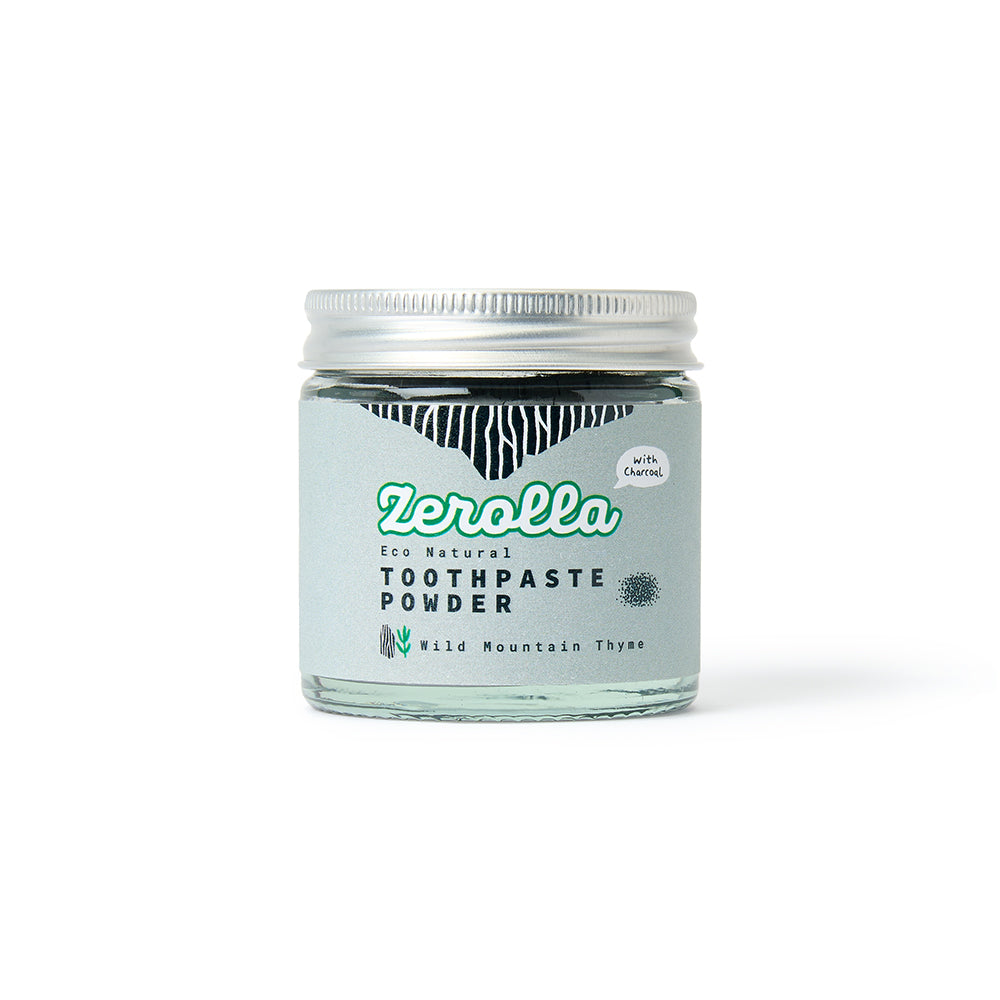
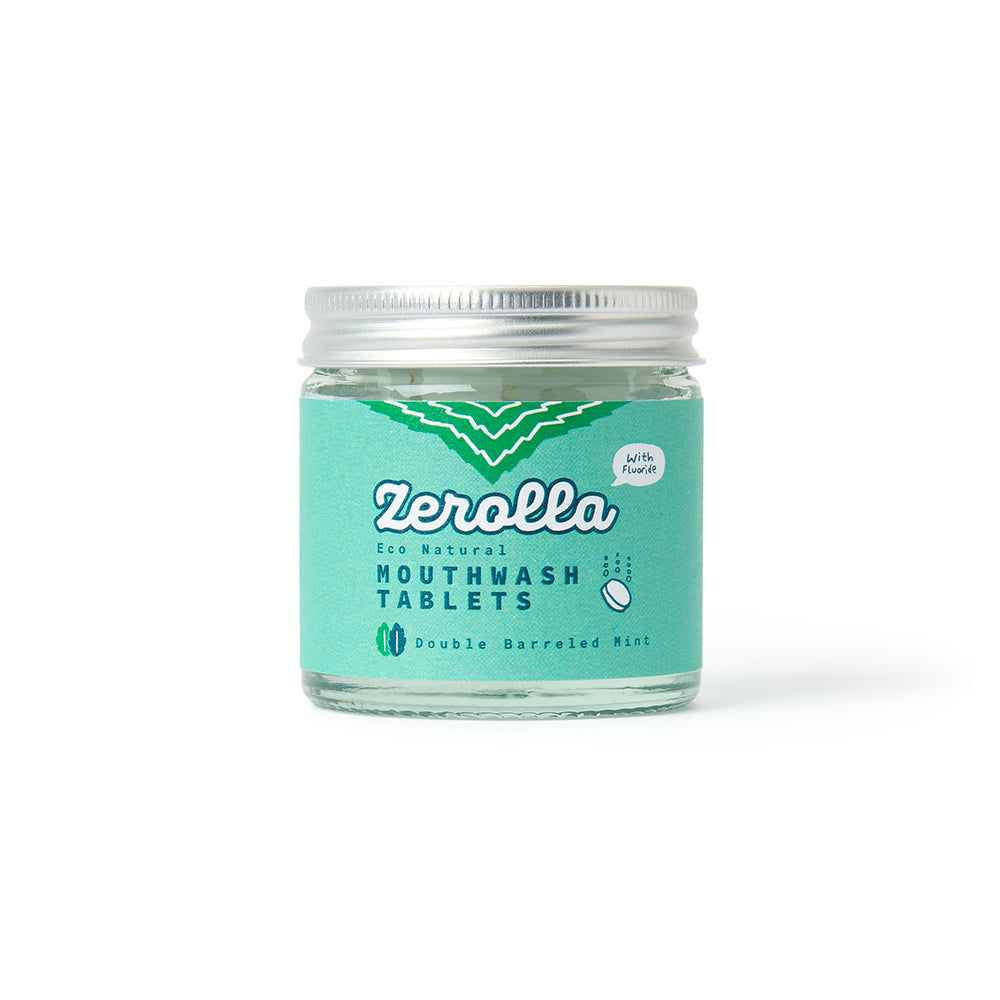
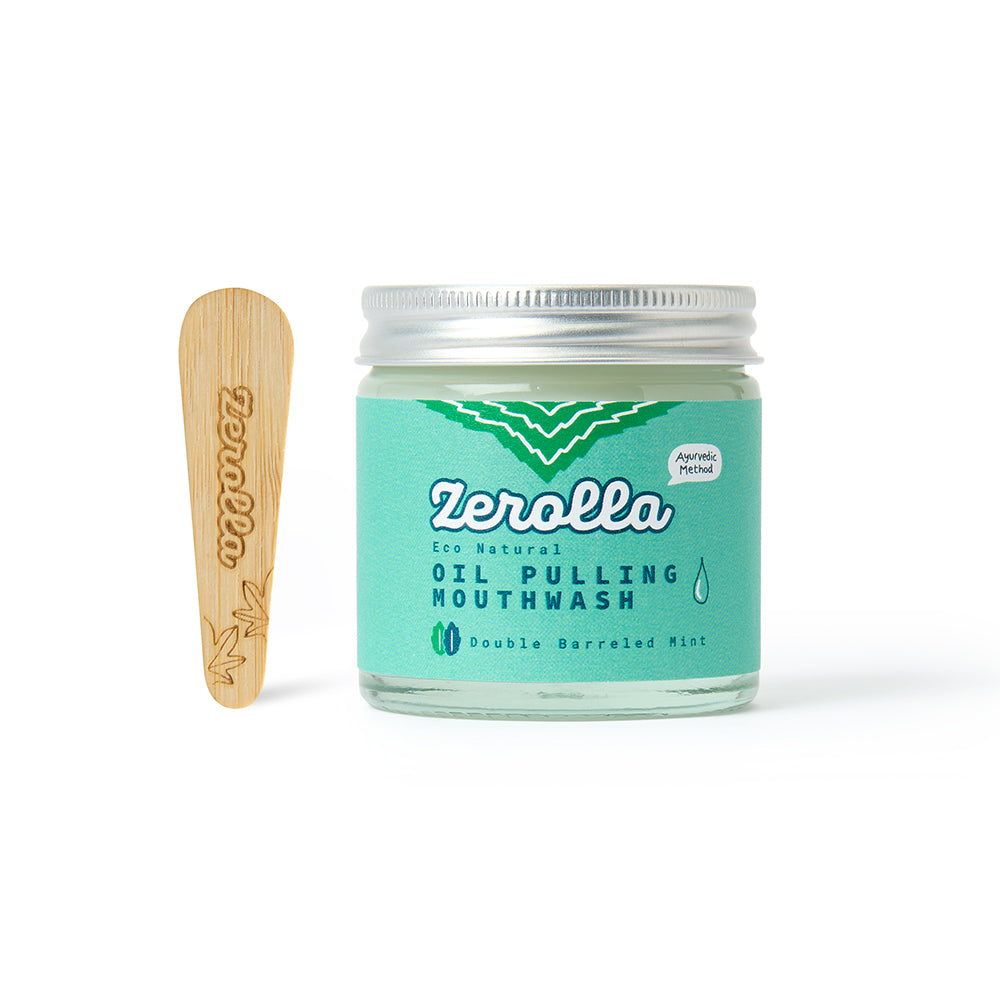
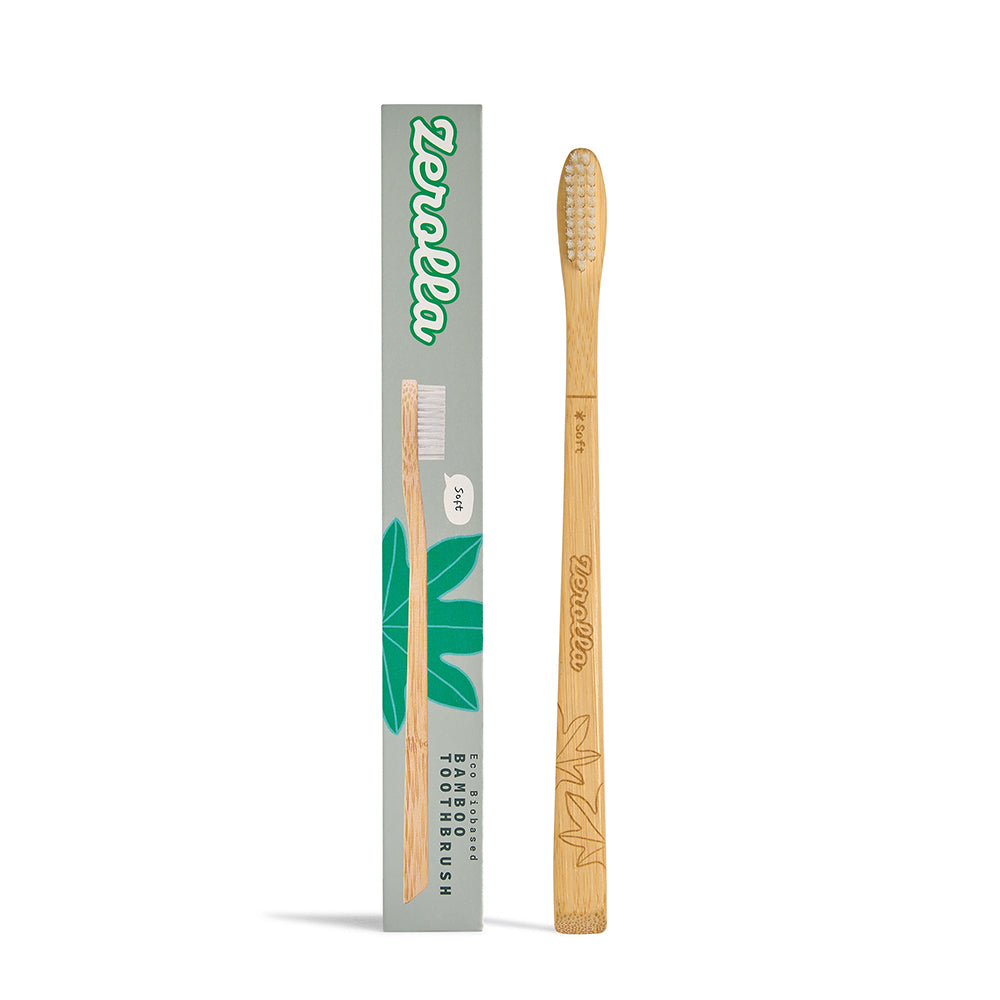

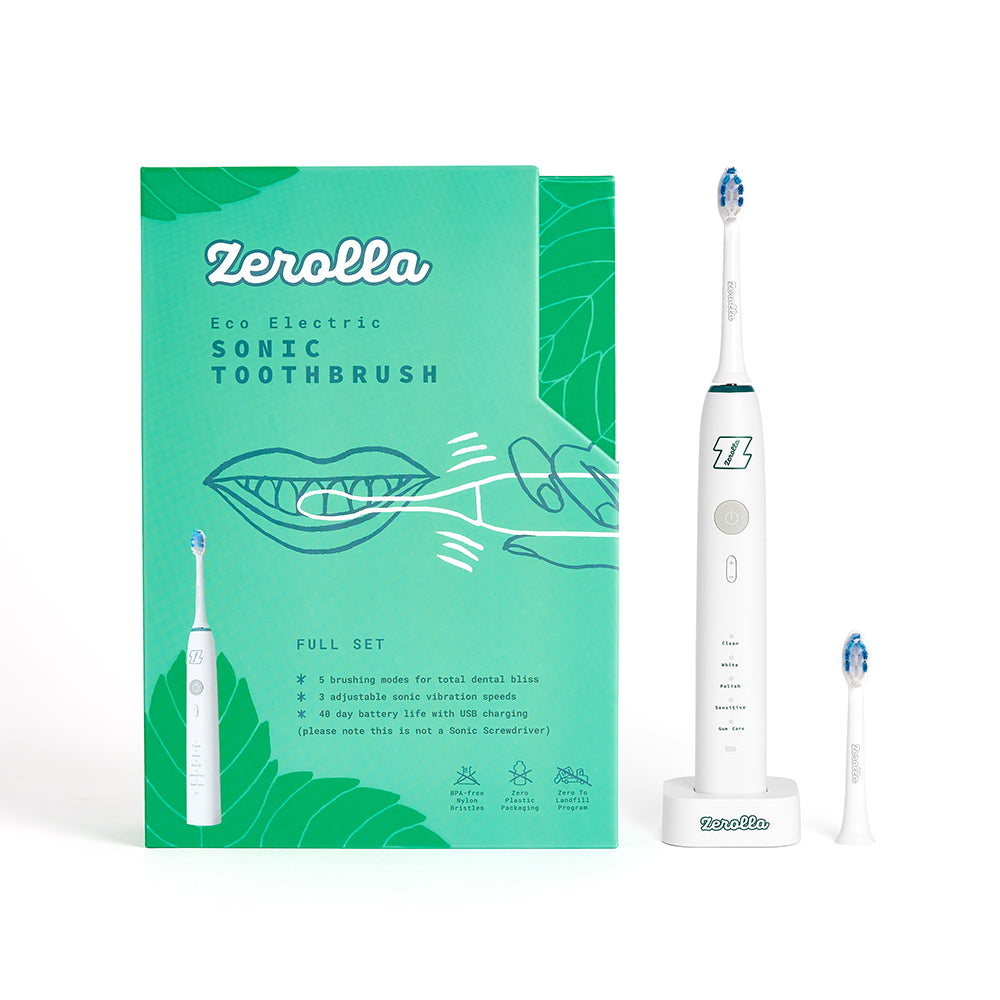
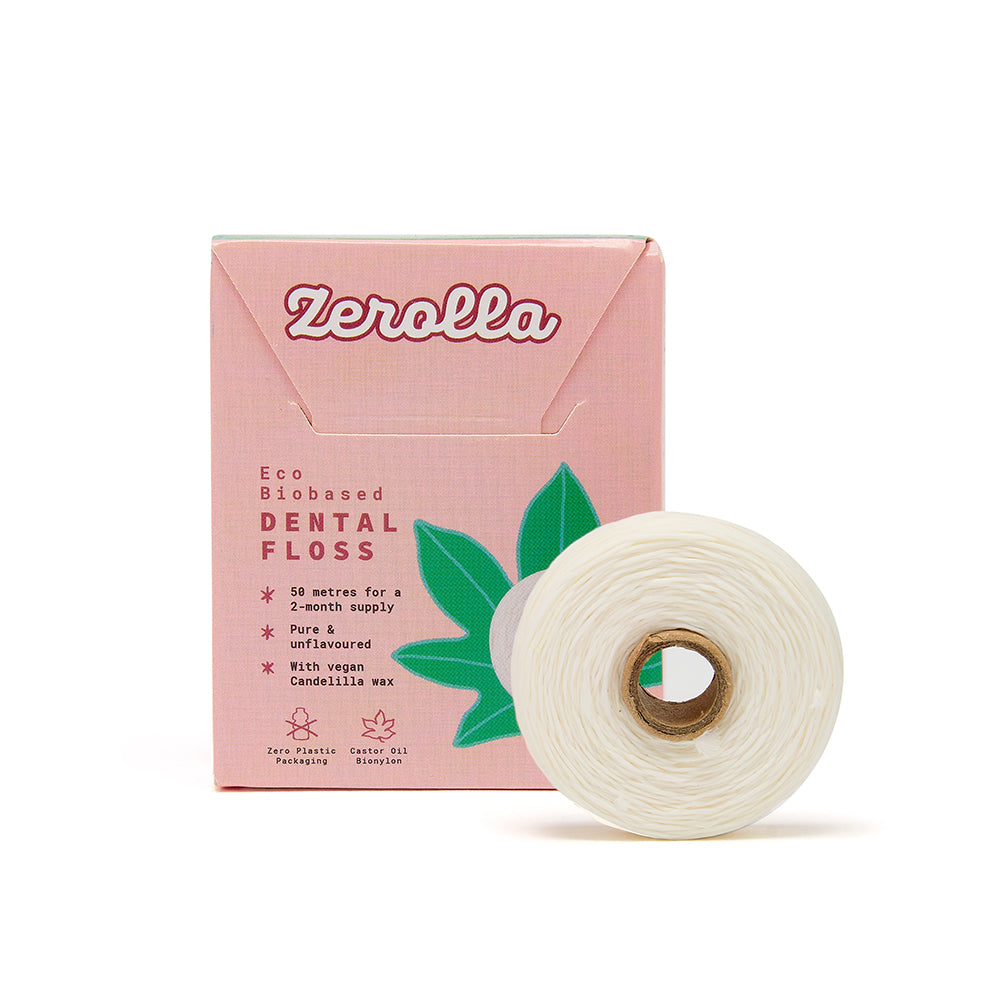
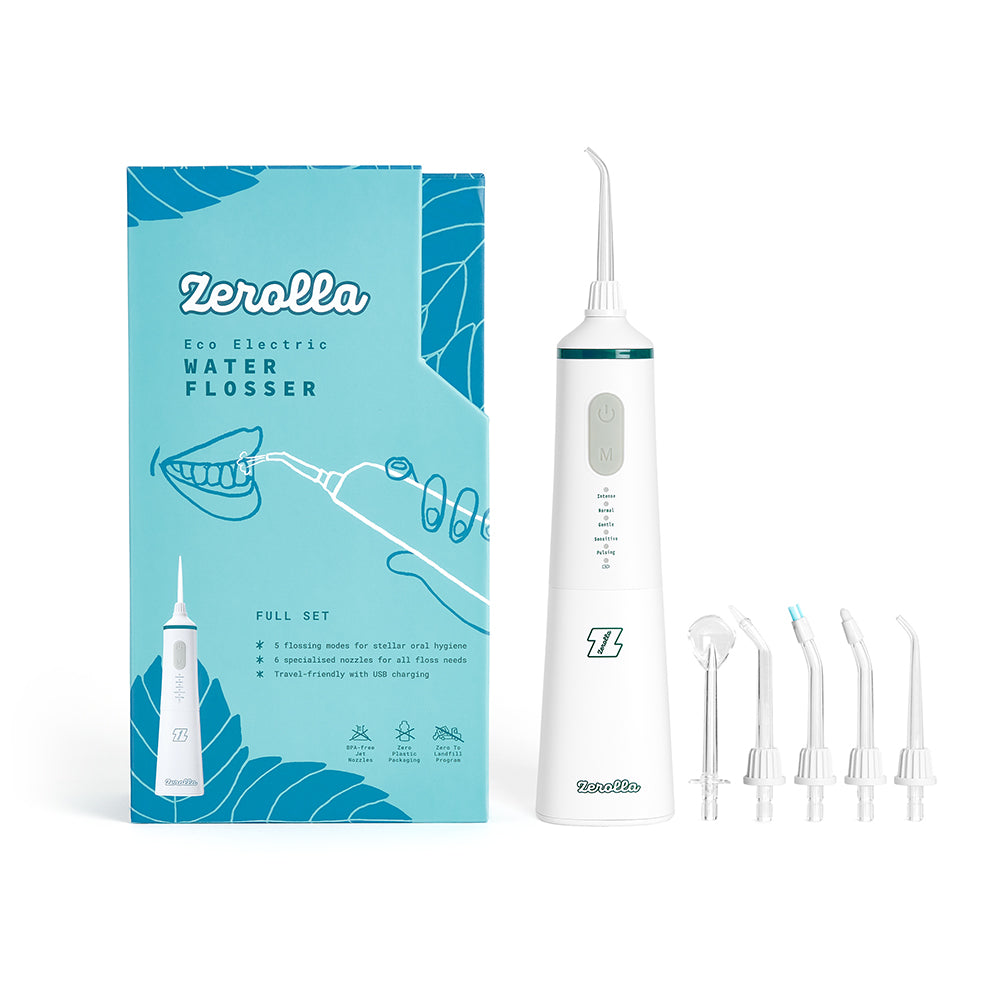

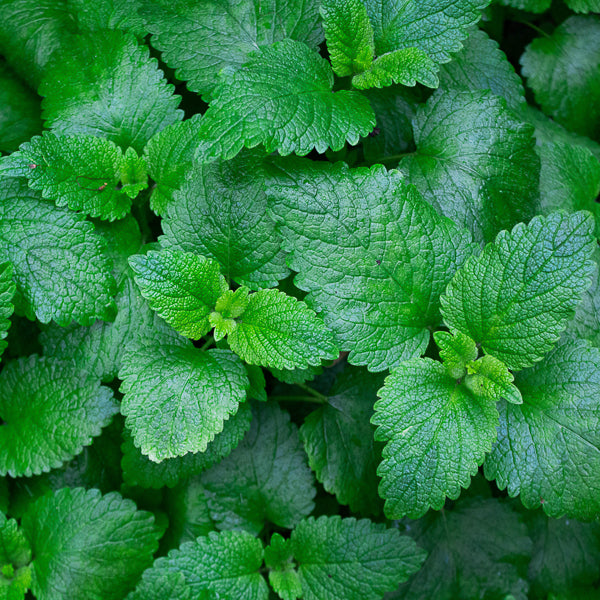
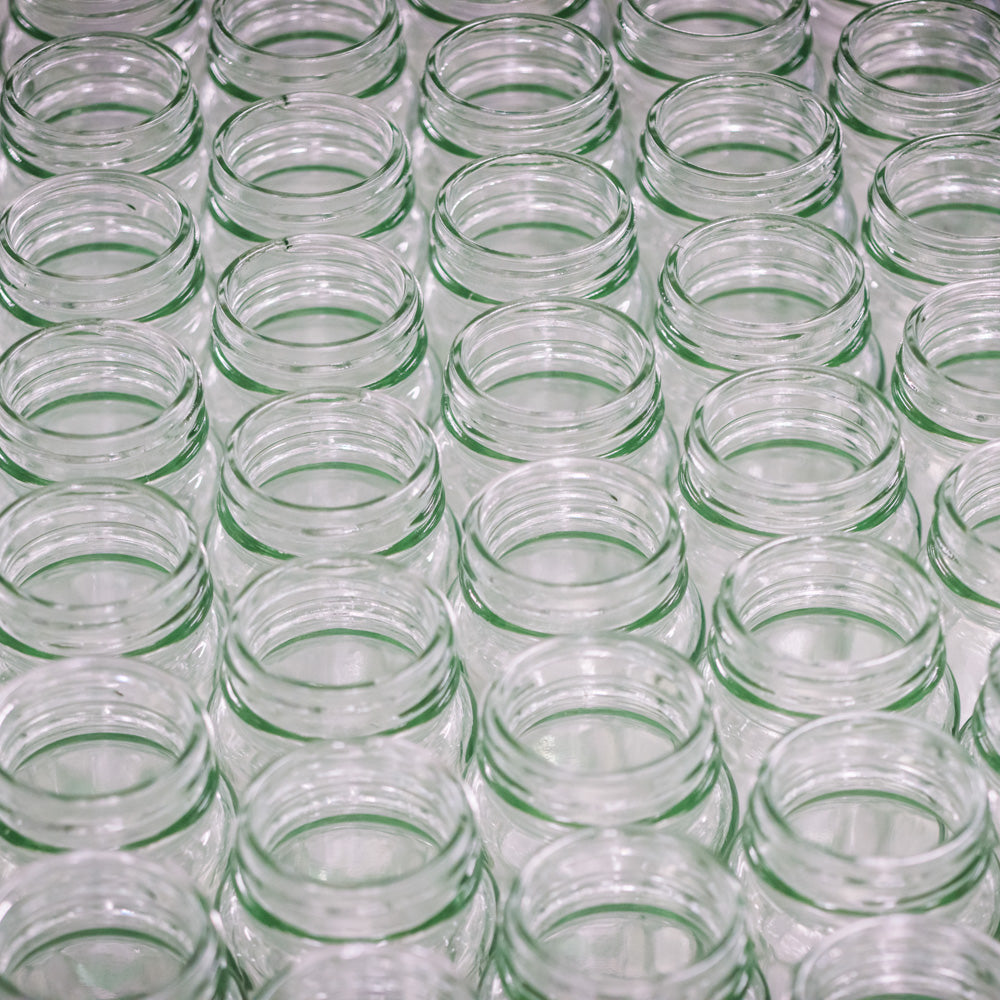
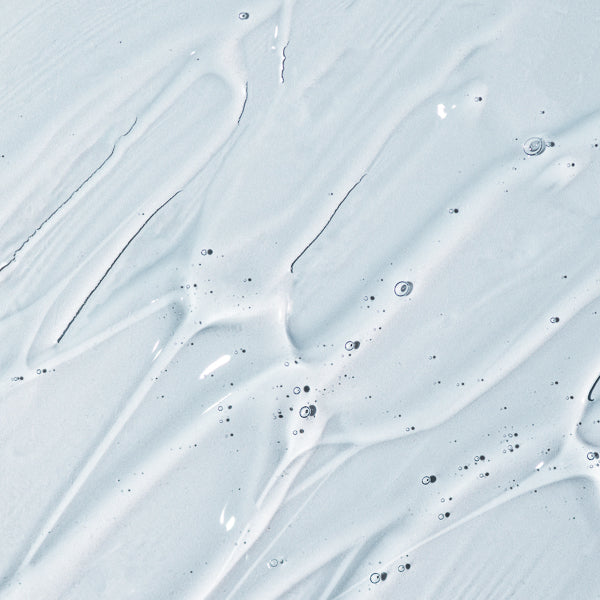
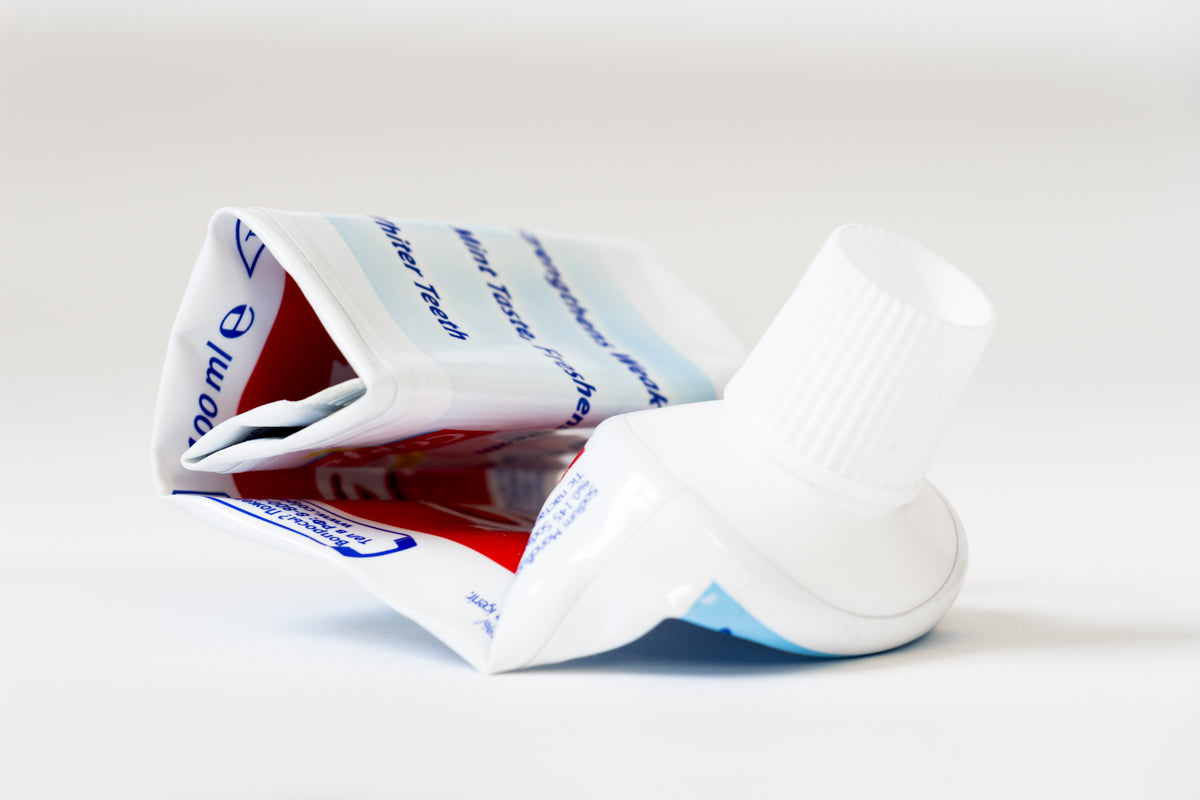

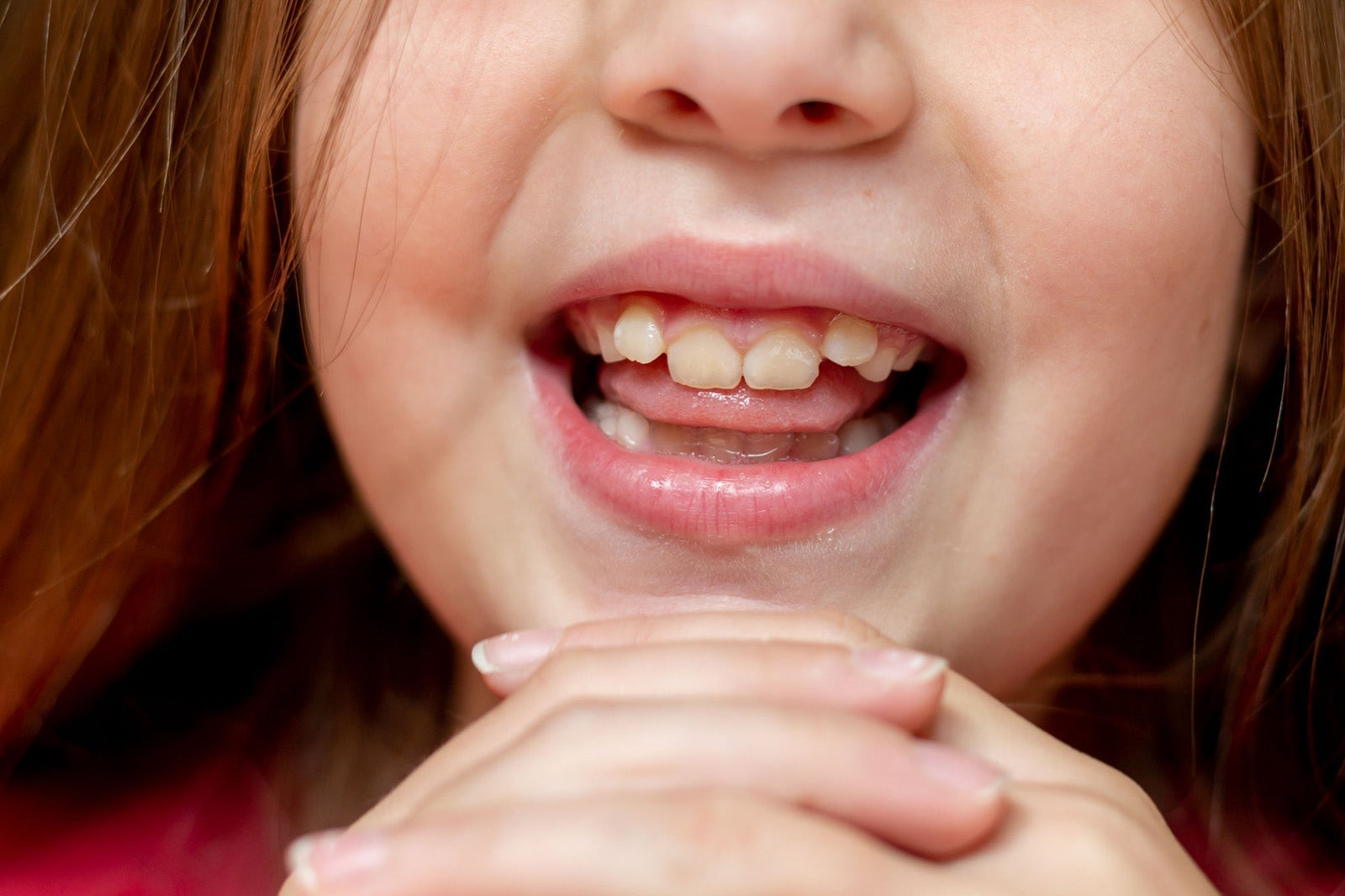
Leave a comment (all fields required)